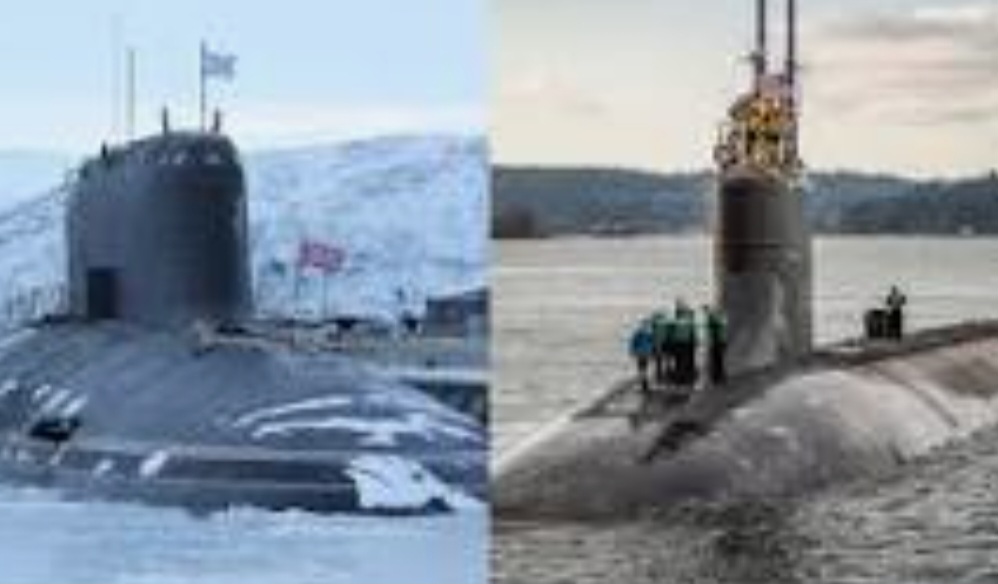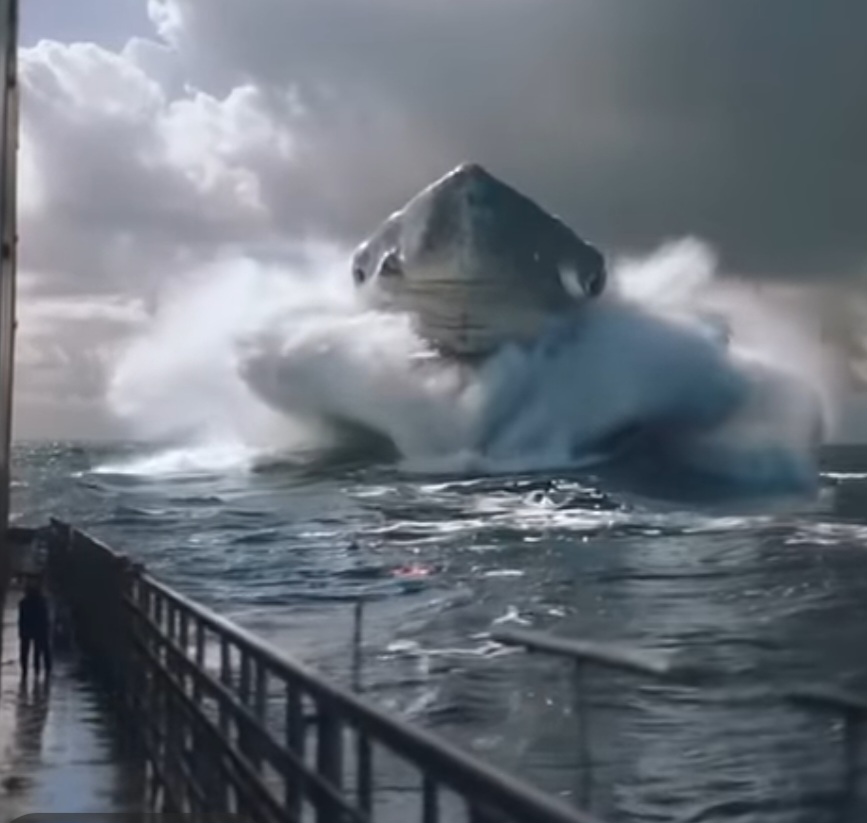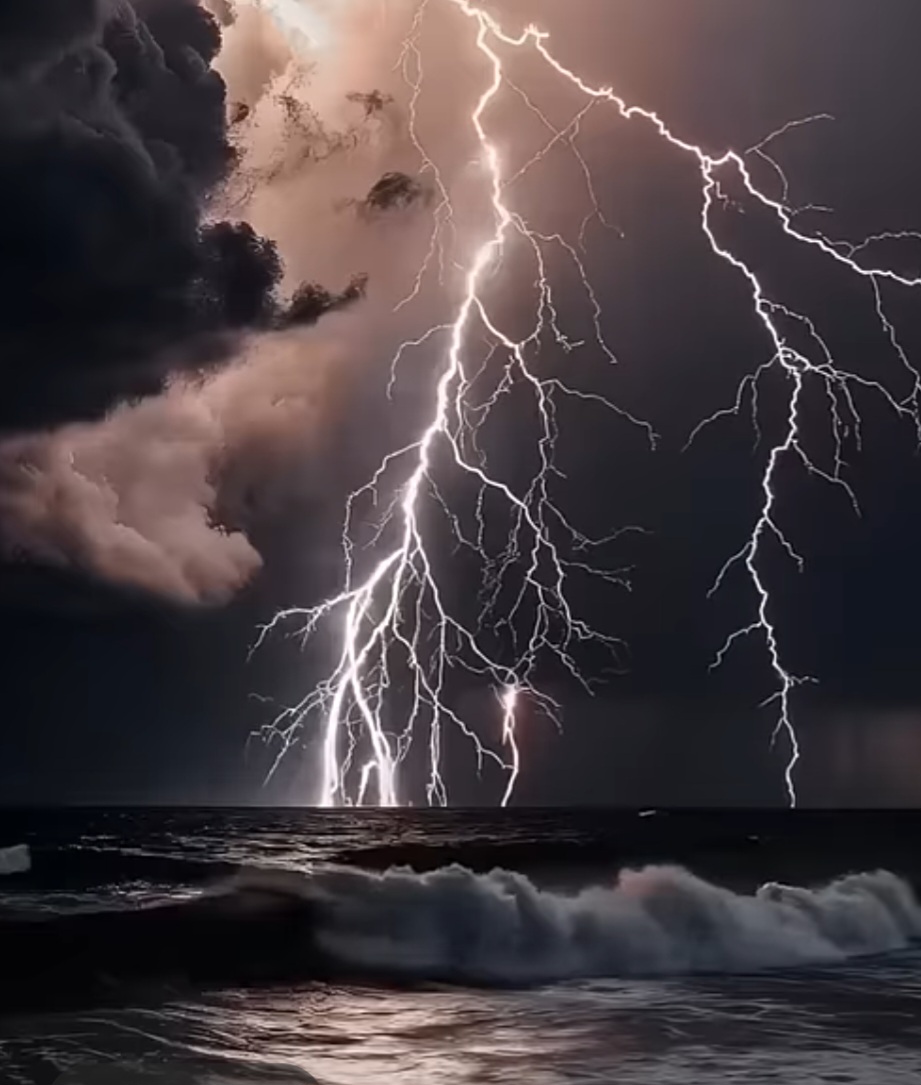In Hindu mythology, Varuna is the god of the oceans and waters, ruling over the seas and rivers. He is one of the oldest Vedic deities, originally associated with the sky and later with water. In addition to this mythological figure, the United Nations Convention on the Law of the Sea (UNCLOS) establishes legal frameworks for the use and governance of the world’s oceans.
Here’s a more detailed look:
Mythological Perspective:
Varuna: In Hindu mythology, Varuna is the god of the oceans, rivers, and all waters. He is one of the oldest deities mentioned in the Vedas and was initially associated with the sky and the moral order of the universe (Rta). Over time, his role evolved to encompass the waters and oceans.
Legal and International Perspective:
UNCLOS:
The UNCLOS is a comprehensive international treaty that governs the uses of the world’s oceans and seas. It establishes rules for maritime boundaries, navigation, resource management, and environmental protection.
Key aspects of UNCLOS:
Territorial Sea: Sets the boundary at 12 nautical miles from the coast.

Exclusive Economic Zones (EEZ): Extends up to 200 nautical miles from the coast, giving coastal states exclusive rights over resources.
Continental Shelf: Allows for claims beyond 200 nautical miles, up to 350 nautical miles, under certain conditions.
International Tribunal for the Law of the Sea (ITLOS): Provides a mechanism for resolving disputes related to the interpretation and application of UNCLOS.

National Governments:
Coastal states also play a significant role in ocean governance within their territorial waters and EEZs. They are responsible for managing resources, protecting the environment, and ensuring compliance with international laws.
The phrase “whoever controls the sea controls the world” reflects the historical and ongoing significance of maritime power. Control of the seas has historically translated into control of trade, which in turn influences economic and political power. While the nature of warfare and global power dynamics have evolved, the ability to project power across the oceans remains a crucial factor in international relations.
Here’s why this idea holds weight:
Trade and Economy:
Historically, the ability to protect or disrupt trade routes via the sea has been a major source of wealth and influence. Nations with strong navies could control vital shipping lanes, benefiting from trade and hindering their rivals.
Military Strategy:
Naval power has been essential for projecting military force, both offensively and defensively. A powerful navy can protect a nation’s coastline, project power overseas, and control access to key strategic locations.
Geopolitical Influence:
Control of the sea has been a key factor in the rise and fall of empires and major powers throughout history. Nations that dominate the seas can exert influence on global events and shape the international order.
Modern Relevance:
While air power and other technologies have emerged, naval power remains relevant in the 21st century. The vast majority of global trade still relies on maritime shipping. Furthermore, control of the seas can be a key factor in controlling access to resources and projecting power in various regions.
While the specific mechanisms of power have changed, the underlying principle of maritime dominance as a source of influence and strategic advantage persists.
















Leave a Reply